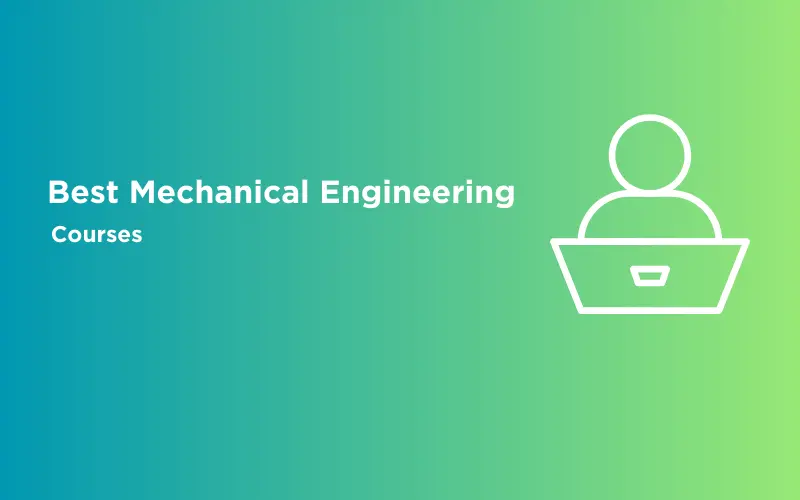
7 Best Mechanical Engineering Courses that You Should Not Miss
Sep 04, 2024 8 Min Read 6987 Views
(Last Updated)
If you are someone who’s interested in the field of mechanical engineering but doesn’t know where to start, online courses are a great way to begin. The mechanical engineering courses that are listed in this article are from top-grade companies that have industry experts who can mentor and guide you.
These mechanical engineering courses will help you understand mechanical engineering in depth and also broaden your view of the world. You will be surprised when you come to know that almost everything in this world has a mechanical story and without it, nothing would have been possible.
Without further ado, let’s get started.
Table of contents
- Importance of Mechanical Engineering Courses
- Best Mechanical Engineering Courses:
- edX: MITx - Mechanical Engineering
- Udemy: Mechanical Engineering Courses
- GUVI: IIT Pravartak Certified Mechanical Design Course
- Coursera: Introduction to Finite Element Analysis and Design
- LinkedIn Learning: Mechanical Engineering Courses
- Coursera: Applications in Engineering Mechanics by Georgia Institute of Technology
- MIT OpenCourseWare (OCW): Mechanical Engineering
- Conclusion
- FAQ
- How do I choose the best out of all mechanical engineering courses?
- Is it better to take an online or on-campus mechanical engineering courses?
- What should I look for in the curriculum of mechanical engineering courses?
- Are there any prerequisites for enrolling in mechanical engineering courses?
- Do I need programming skills to join mechanical engineering courses?
Importance of Mechanical Engineering Courses

You can’t do anything without knowing about it first. Similarly, mechanical engineering courses are like a demo version of what you are going to learn full-time because you can’t regret it after you take part in it so it’s better to know about it first.
Mechanical engineering plays a huge role in our daily life and the real-world applications of it are mind-blowing. This is the reason why one should learn mechanical engineering as nothing can develop without it.
Before we move on to the next part, you should have a deeper knowledge of key mechanical engineering concepts. You can consider enrolling yourself in GUVI’s CAD Program for Mechanical Engineers, which lets you gain practical experience by developing real-world projects and covers technologies including AutoCAD, Solidworks, CATIA, Ansys, GD & T, etc.
Taking up mechanical engineering courses can be important for several reasons, and I’ll explain them simply:
1. Knowledge and Skills:
A course in mechanical engineering teaches you how things work, like machines, vehicles, and systems. You learn the science and techniques behind designing, building, and fixing them.
2. Career Opportunities:
It opens up job opportunities. Employers often require a degree or training in mechanical engineering for positions in this field.
3. Problem Solving:
Mechanical engineers are problem solvers. This course teaches you how to tackle real-world challenges, from making energy-efficient cars to designing safer buildings.
4. Innovation:
Mechanical engineers invent and create new things. The course equips you with the knowledge to develop new technologies and improve existing ones.
5. Helping Society:
Mechanical engineers contribute to making the world better. They design things like medical devices, renewable energy systems, and efficient transportation that improve people’s lives.
6. Good Pay:
Jobs in mechanical engineering tend to pay well. Having the right education and skills can lead to a rewarding career.
7. Continuous Learning: Engineering is always evolving. Courses help you stay updated with the latest technology and methods in the field.
Before you indulge further into the topic of mechanical engineering courses, it is mandatory for you to know about the skills required in mechanical engineering if you understand that, these courses will be a piece of cake for you!
Best Mechanical Engineering Courses:
One of the main reasons for undergoing mechanical engineering courses is because of the vast career opportunities in mechanical engineering. Since it is a huge domain, it is important for you to stay updated on it and learn it thoroughly.
To help you with that, we compiled a list of the 7 best mechanical engineering courses that can set you up on the right path and help you understand mechanical engineering much better.
1. edX: MITx – Mechanical Engineering

The “edX: MITx – Mechanical Engineering” course is an online program offered by the Massachusetts Institute of Technology (MIT). It is one of the best in the list of mechanical engineering courses.
It’s designed to teach you various aspects of mechanical engineering, and here’s a simple explanation of what you can expect from this course:
1. High-Quality Education
MIT is one of the world’s top universities, and they’re known for their excellence in engineering and technology. This course brings MIT’s mechanical engineering expertise right to your computer.
2. Comprehensive Learning
The course covers a wide range of topics within mechanical engineering. You’ll learn about things like how machines work, how to design and build them, and how to solve engineering problems.
3. Flexible Learning
Since it’s an online course, you can learn at your own pace from anywhere with an internet connection. This flexibility makes it easier to fit your studies into your schedule.
4. Interactive Content
The course often includes videos, interactive simulations, and assignments that help you understand the material better. It’s not just reading; you get hands-on experience.
5. Expert Instructors
The instructors are professors from MIT who are experts in mechanical engineering. They bring their knowledge and experience to the course, making it a valuable learning experience.
6. Certificates
After completing the course, you will receive a certificate from MITx, which can be a valuable addition to your resume or academic portfolio.
Overall, this course is an opportunity to learn mechanical engineering from one of the best institutions in the world. Whether you’re looking to enhance your career prospects or simply want to explore the fascinating field of mechanical engineering, this course can provide you with valuable knowledge and skills.
2. Udemy: Mechanical Engineering Courses

If you are a student, then you probably must have heard about Udemy which is one of the leading platforms for online courses of a wide range and it has a vast variety of mechanical engineering courses too.
Udemy offers a variety of courses in mechanical engineering that cover different topics and skill levels. Here’s a simple explanation of what you can expect from Udemy’s mechanical engineering courses:
1. Diverse Course Options
Udemy hosts a wide range of mechanical engineering courses, from introductory to advanced levels. You can choose courses that match your current knowledge and interests.
2. Video-Based Learning
Most Udemy courses are video-based, which means you watch instructional videos created by instructors. These videos often include explanations, demonstrations, and examples to help you understand the material.
3. Lifetime Access
When you enroll in a Udemy course, you typically get lifetime access to the course materials. This means you can learn at your own pace and revisit the content whenever you need to.
4. Flexible Learning
You can access Udemy courses from any device with an internet connection. This flexibility allows you to study from home or on the go.
5. Wide Range of Topics
Udemy’s mechanical engineering courses cover various topics, such as CAD (Computer-Aided Design) software, 3D printing, machine design, thermodynamics, and more. You can choose courses that align with your specific interests and career goals.
6. Instructor Interaction
Many instructors on Udemy provide opportunities for students to ask questions and seek clarification. You can engage with the instructor and fellow learners through discussion forums or messaging.
7. User Reviews and Ratings
Before enrolling in a course, you can read reviews and check ratings from other students. This helps you gauge the quality and effectiveness of the course.
8. Affordable Pricing
Udemy often offers courses at affordable prices, and there are frequent discounts and promotions available.
Udemy’s mechanical engineering courses offer accessible and flexible learning opportunities. Keep in mind that the quality of courses can vary, so it’s a good idea to read reviews and consider your learning goals before enrolling in a course.
3. GUVI: IIT Pravartak Certified Mechanical Design Course
GUVI is one of the leading ed-tech platforms of India and their industry grade certificate is a must to have in one’s resume. The mechanical design course of GUVI offers a lot of features that can help a prospect land their dream job.
It covers topics like CAD (Computer Aided Design) software and how to use them in order to design the best possible outcome. Mechanical design is one of the important topics in mechanical engineering and learning that in-depth will definitely help you in the long run.
Let us understand the benefits of this course:
1. Industry-led Curriculum:
Keeping the industry trends in mind, the course has been structured in such a way that the learners can learn about stuff that matters to the industry instead of learning everything. This saves a lot of time as well as avoids unnecessary burdens.
2. Hands-on technical projects
Design is 90% practical and learning it theoretically alone won’t get you anywhere. For that reason, GUVI helps learners by providing hands-on sessions that help learners get a first-hand experience with the software.
3. IITM Pravartak & Autodesk certified program
The important aspect of this course is its certification. Once you finish the course, you will receive an IITM Pravartak and Autodesk certified certificate that can boost up your resume like any other.
4. Placement Support Assistance
Apart from certification and learning, GUVI also provides you with placement support that can help you land a job. This is extremely important in this current world where getting a job is a hard task but GUVI helps you with that.
5. One-month Internship with certification
If you do phenomenally well in the program, you will get a chance to undergo an internship in companies that are in dire need of designers like you. This won’t be a waste of time as you will get experience as well as a certificate that can make your resume stand out.
Amidst all the other mechanical engineering courses, the CAD course for mechanical engineering students & graduates is a powerful asset that can open doors for unlimited career opportunities.
Computer-aided design is a fast-growing segment of the job market & so the demand for design & drafting jobs is strongly predicted to grow through the next decade so it is important for you to stay updated with this and to grow with the trend.
4. Coursera: Introduction to Finite Element Analysis and Design
One of the interesting mechanical engineering courses on the list is the “Coursera: Introduction to Finite Element Analysis and Design” course which is an online program that teaches you a specific engineering technique called Finite Element Analysis (FEA) and how it’s used in the design of various structures and systems.
Here’s a simple explanation of what this course covers:
1. Finite Element Analysis (FEA)
This technique is like a virtual lab for engineers. It helps you understand how objects behave under different conditions, like how a bridge withstands heavy loads or how a car’s body responds to crashes.
FEA breaks down complex structures into small parts (elements) and uses math to simulate how each part behaves, then puts them all together to understand the entire structure’s behavior.
2. Practical Applications
The course teaches you how to apply FEA to solve real-world engineering problems. You’ll learn how to use computer software to perform these simulations and analyze the results.
3. Design Improvement
FEA is crucial for designing things to be safe and efficient. You’ll learn how to tweak designs to make them better by testing them virtually before building them in the real world. This can save a lot of time and money.
4. Course Format
Typically, this course includes video lectures, reading materials, and practical assignments. You’ll work on problems and projects that apply FEA techniques.
5. Self-Paced Learning
Coursera courses often allow you to learn at your own pace, which is great for busy schedules. You can complete the course at your convenience.
6. Certificate
After completing the course, you usually receive a certificate, which can be valuable for your career or educational goals.
In summary, the “Introduction to Finite Element Analysis and Design” course on Coursera teaches you a powerful engineering tool (FEA) that lets you virtually test and improve designs. It’s a valuable skill for engineers and designers working on anything from buildings to airplanes, as it helps ensure their creations are safe and effective.
5. LinkedIn Learning: Mechanical Engineering Courses
LinkedIn Learning (formerly Lynda.com) offers a variety of mechanical engineering courses. These courses are designed to help you learn and improve your skills in the field of mechanical engineering.
Here’s a simple explanation of what you can expect from LinkedIn Learning’s mechanical engineering courses:
1. Diverse Course Library
LinkedIn Learning offers a wide range of courses covering different aspects of mechanical engineering. These courses can help you understand various topics within the field.
2. Video-Based Learning
Most courses are presented in video format, where instructors explain concepts, demonstrate techniques, and provide practical examples. This video-based approach makes it easy to follow along and learn.
3. Expert Instructors
The courses are often led by experienced professionals or experts in the field of mechanical engineering. You’ll benefit from their knowledge and real-world insights.
4. Hands-On Learning
Many courses include practical exercises and projects that allow you to apply what you’ve learned. This hands-on experience can be valuable for building your skills.
5. Self-Paced Learning
You can access LinkedIn Learning courses at your own convenience. There are no set schedules, so you can learn at a pace that suits you.
6. Accessible Anywhere
You can access these courses from a computer or mobile device with an internet connection. This flexibility makes it easy to learn from home or while on the go.
7. Skill Development
Whether you’re looking to enhance your knowledge of specific software tools used in mechanical engineering, improve your design skills, or learn about industry best practices, you can find courses tailored to your skill development needs.
8. Certifications and Badges
Some courses offer certifications or badges upon completion, which you can showcase on your LinkedIn profile or resume.
LinkedIn Learning’s mechanical engineering courses provide a flexible and accessible way to acquire knowledge and skills in mechanical engineering. They cater to both beginners looking to explore the field and professionals seeking to expand their expertise.
6. Coursera: Applications in Engineering Mechanics by Georgia Institute of Technology
The “Applications in Engineering Mechanics” offered on Coursera’s mechanical engineering courses by the Georgia Institute of Technology is a series of online courses that teach you various aspects of mechanical engineering in a structured way.
Here’s a simple explanation of what this course covers:
1. Mechanics:
You’ll learn about how things move and why they move the way they do. This includes understanding forces, motion, and how objects interact with each other.
2. Thermodynamics:
This part of the course focuses on heat and energy. You’ll learn about how heat works, how engines and machines use it, and how to make them more efficient.
3. Manufacturing Processes:
Here, you’ll delve into how things are made. You’ll explore different methods and techniques used to produce everything from everyday objects to complex machines.
4. Materials Science:
This part is all about the stuff that things are made of. You’ll learn about different materials, their properties, and how to choose the right materials for various applications.
5. Control Systems:
Control systems are used to automate and manage machines and processes. You’ll study how to control and regulate different systems effectively.
6. Engineering Design:
In this section, you’ll learn how engineers come up with ideas and turn them into real-world products. It covers the entire design process from concept to creation.
Each of these topics is covered in a separate course within the specialization. By completing all the courses, you’ll gain a well-rounded understanding of mechanical engineering, which is all about designing, building, and maintaining the machines and systems that make our world work.
This specialization is a great way to learn about mechanical engineering from a reputable university, and it’s especially helpful if you’re interested in pursuing a career in this field or if you simply want to expand your knowledge of how things work.
7. MIT OpenCourseWare (OCW): Mechanical Engineering
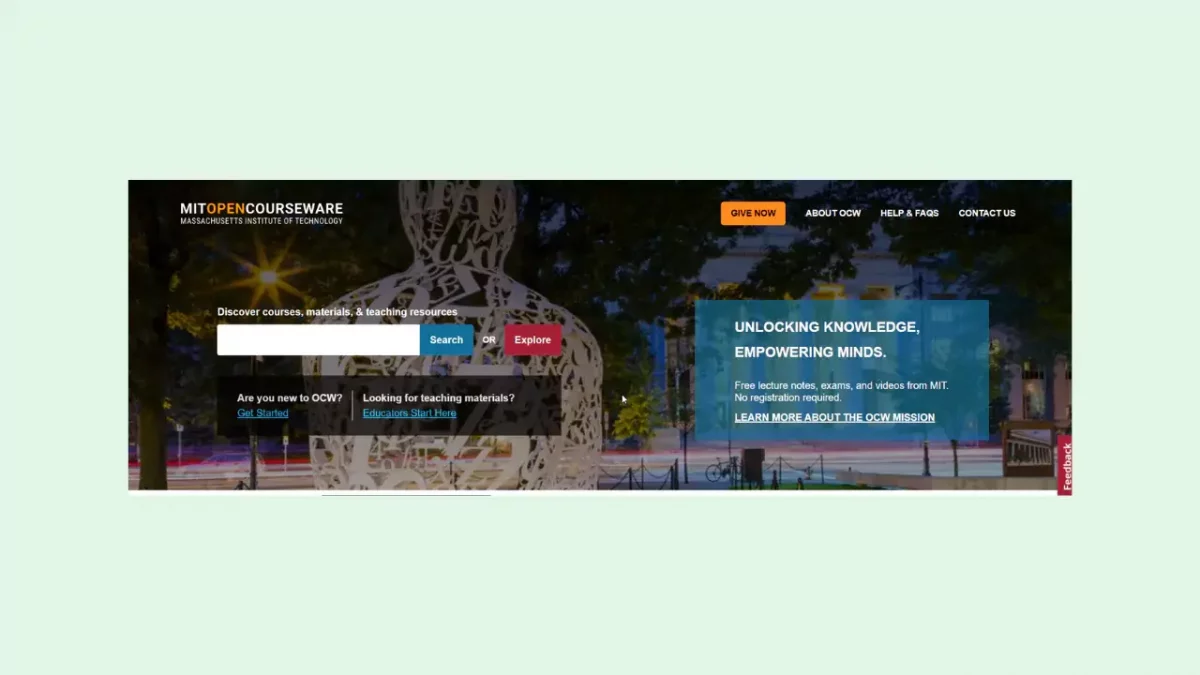
MIT OpenCourseWare (OCW) is a collection of free online course materials from the Massachusetts Institute of Technology (MIT).
The “MIT OpenCourseWare: Mechanical Engineering” of mechanical engineering courses is a set of educational resources related to mechanical engineering provided by MIT.
Here’s what you can expect from MIT OCW’s Mechanical Engineering:
1. Free and Open
MIT OCW makes course materials from actual MIT mechanical engineering courses available to the public for free. This includes lecture notes, assignments, exams, and sometimes even video lectures.
2. Comprehensive Coverage
These materials cover a wide range of topics within mechanical engineering, from introductory subjects to advanced areas. You can access resources on subjects like thermodynamics, fluid mechanics, mechanics of materials, and more.
3. No Formal Enrollment
You don’t need to enroll in a formal course or pay tuition fees. You can simply access the materials online and learn at your own pace.
4. Self-Guided Learning
Since these materials are self-paced, you can study when and where you want. You have the flexibility to choose which topics interest you the most.
5. Supplemental Learning
MIT OCW is a valuable resource for both students and lifelong learners. It can be used as a supplement to your existing studies or as a way to explore mechanical engineering concepts out of personal interest.
6. No Certificates
While you gain access to high-quality educational content, MIT OCW does not offer certificates or credentials for completing the courses. It’s more about the knowledge and learning experience.
7. Community and Discussion
While you won’t have access to MIT instructors or peers, you can often find online discussion forums or communities where people share insights and help each other with the materials.
MIT OCW’s Mechanical Engineering materials offer a fantastic opportunity to access the educational resources of one of the world’s top engineering institutions.
Additionally, if you would like to explore AutoCAD for Mechanical Engineering through a self-paced course, you can take GUVI’s AutoCAD Mechanical Certification Course.
Conclusion
In conclusion, finding the best mechanical engineering courses is a crucial step in pursuing a successful career in this field. Whether you’re just starting your journey in mechanical engineering or looking to enhance your existing skills, the right courses can open doors to exciting opportunities.
Remember to consider your goals, budget, and preferred learning style when choosing a course. With the right education and dedication, you can build a solid foundation in mechanical engineering and embark on a path filled with innovation and problem-solving.
If you have any doubts or queries, feel free to contact us through the comment box below.
FAQ
How do I choose the best out of all mechanical engineering courses?
Consider factors like your career goals, course content, accreditation, faculty qualifications, and reviews from other students when selecting a course.
Is it better to take an online or on-campus mechanical engineering courses?
The choice between online and on-campus depends on your schedule and learning style. Both options can be effective; choose what suits you best.
What should I look for in the curriculum of mechanical engineering courses?
Look for a curriculum that covers core topics in mechanical engineering such as mechanics, thermodynamics, materials science, and design. Ensure it aligns with your career goals.
Are there any prerequisites for enrolling in mechanical engineering courses?
Most courses have prerequisites like a strong foundation in math and physics. Check the specific course requirements before enrolling.
Do I need programming skills to join mechanical engineering courses?
While not always mandatory, programming skills, especially in languages like Python or MATLAB, can be highly beneficial for data analysis and automation.

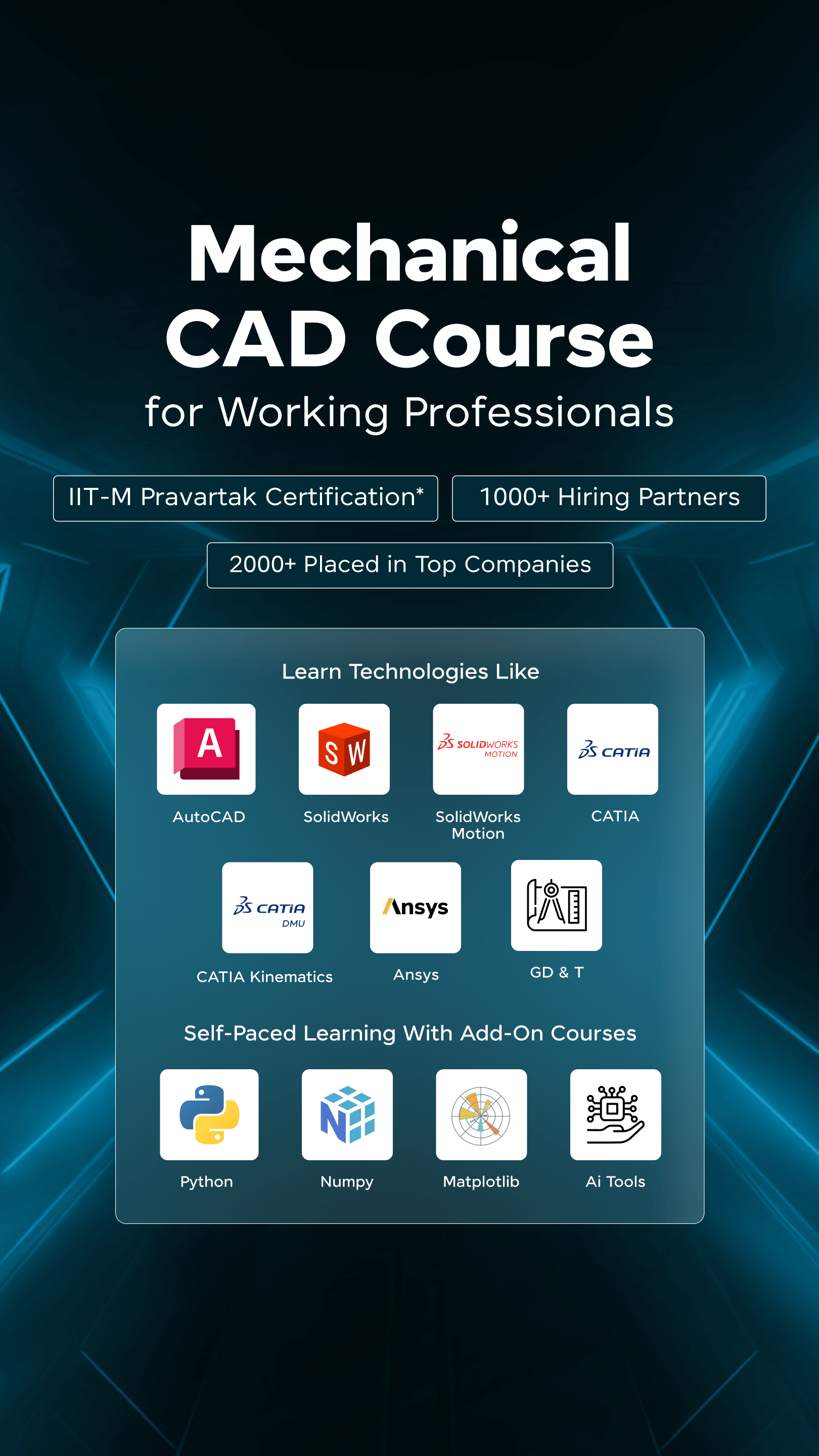

















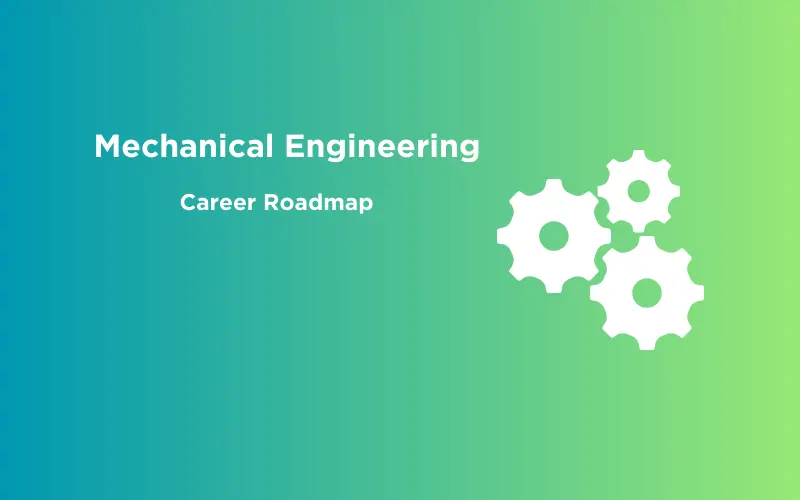

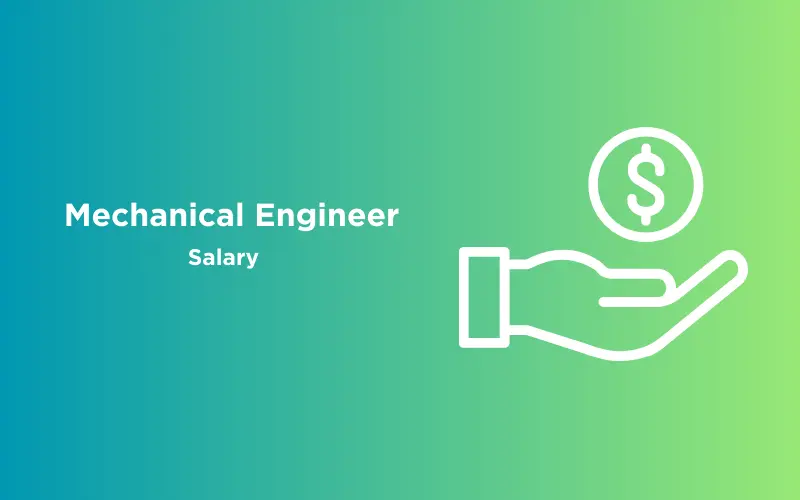

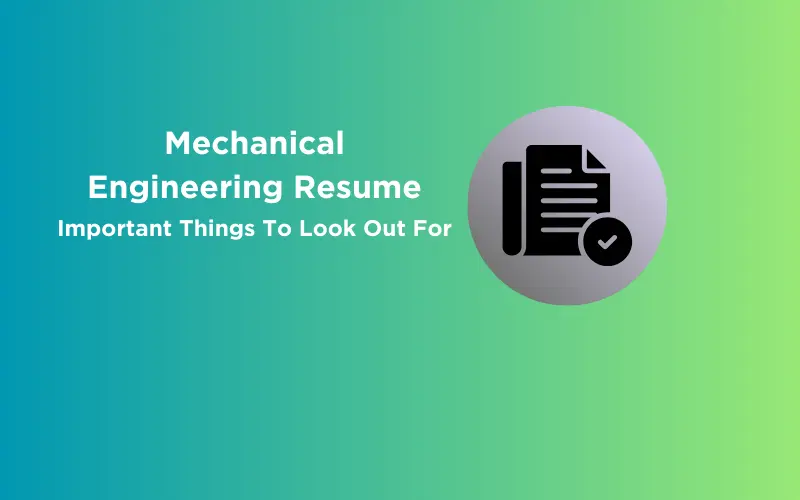

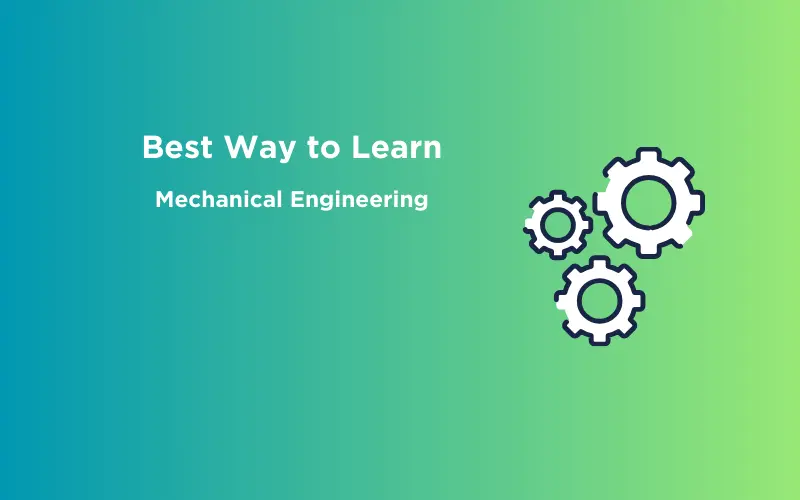
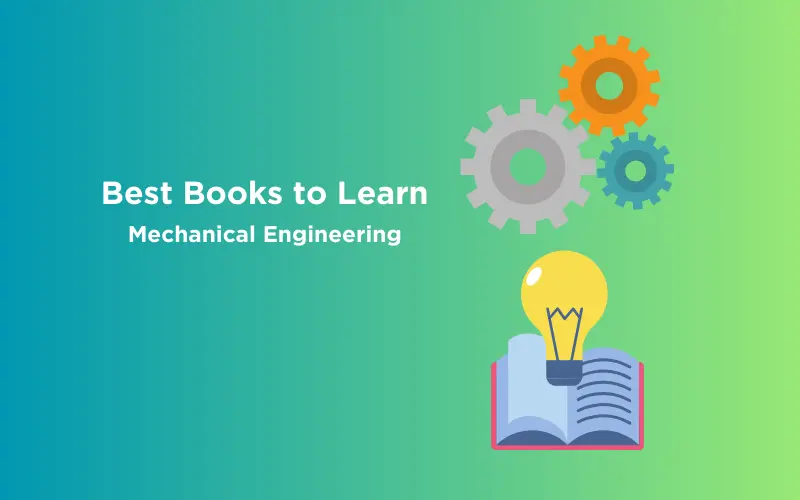
Did you enjoy this article?